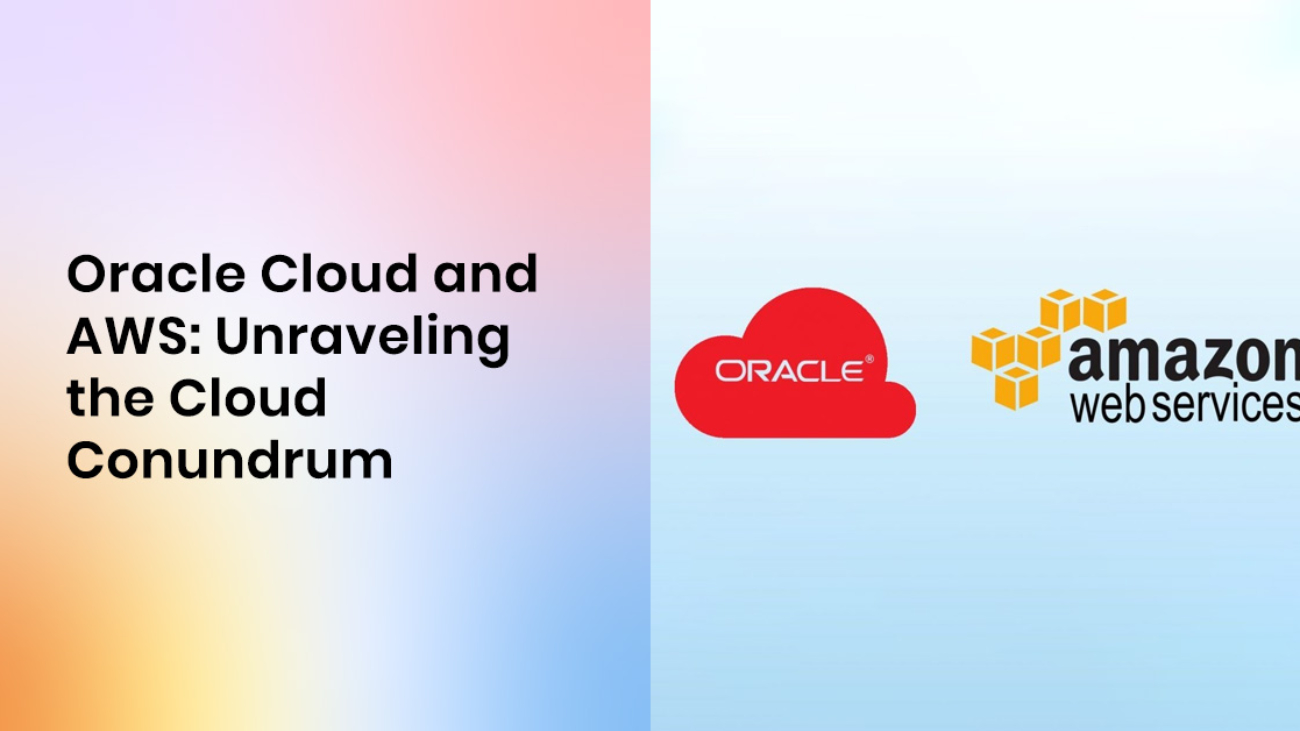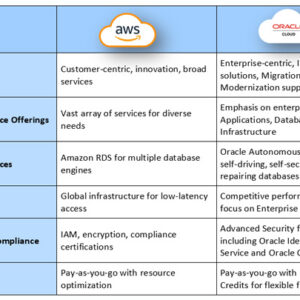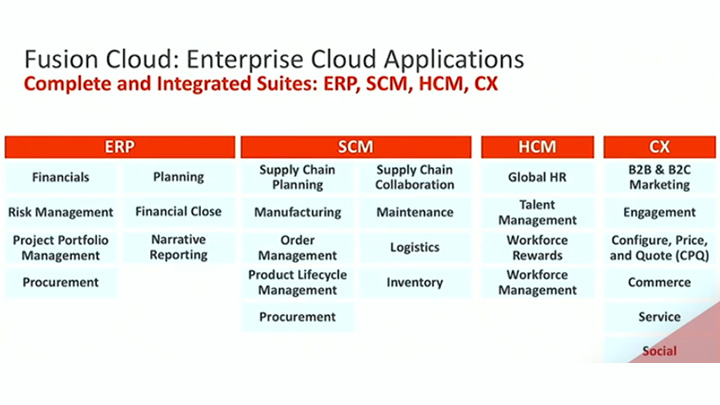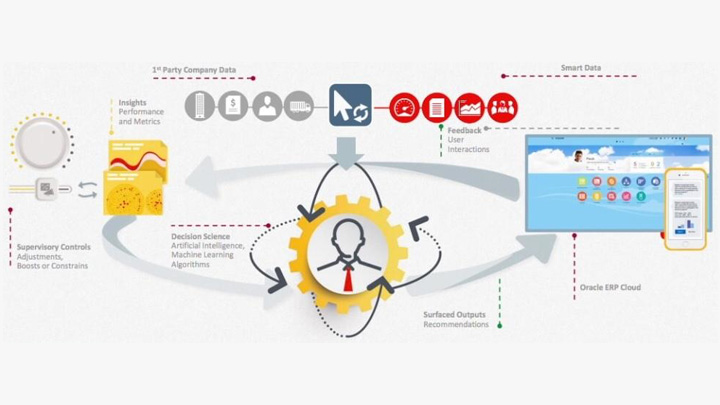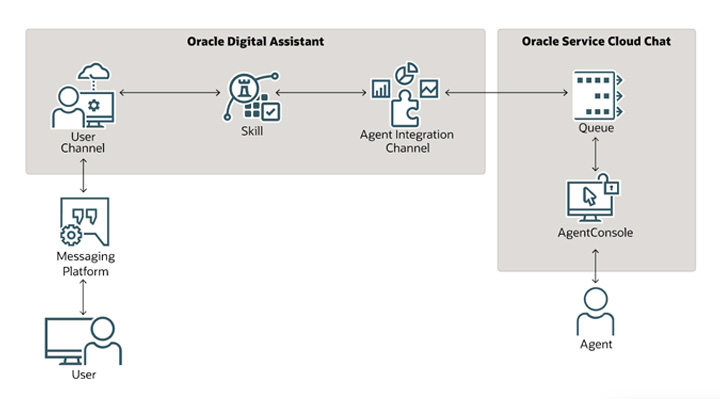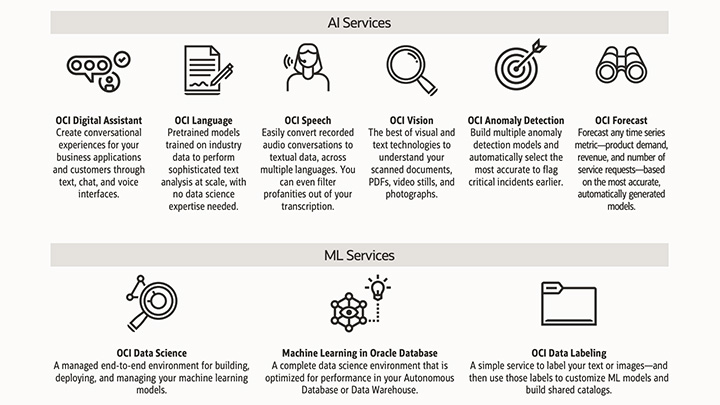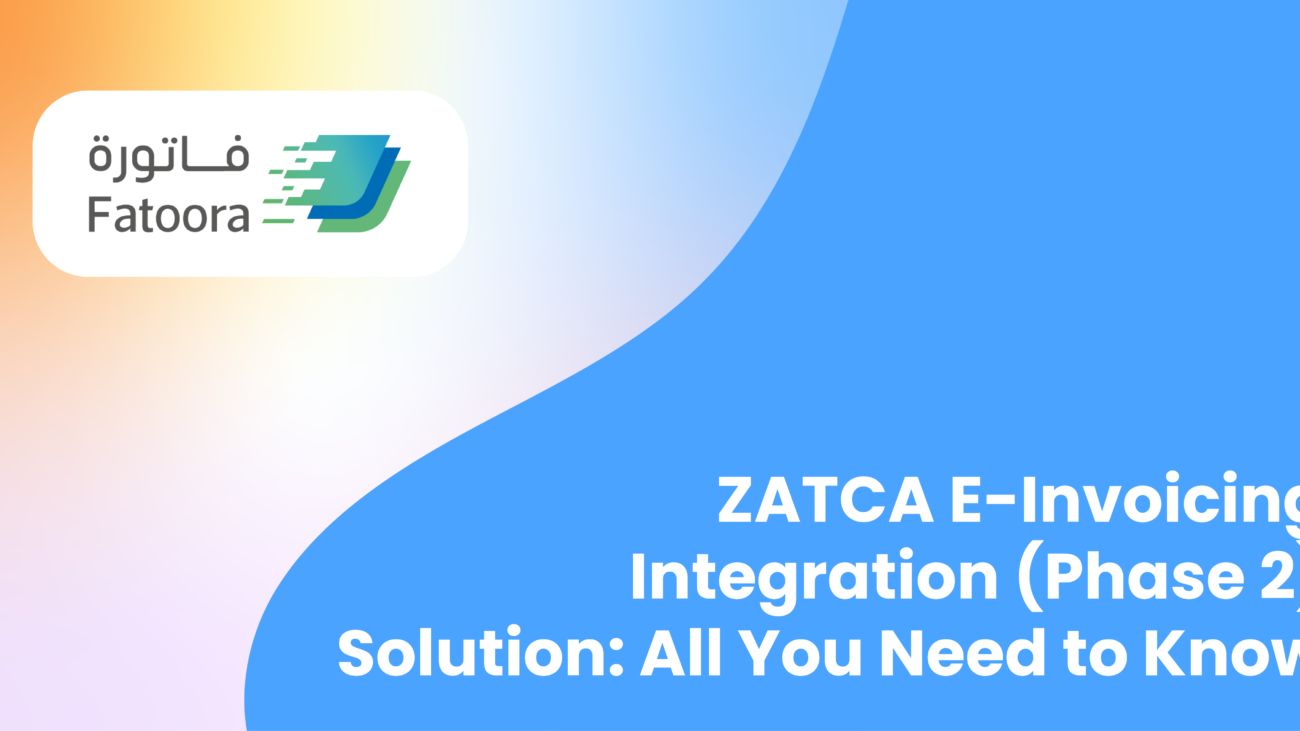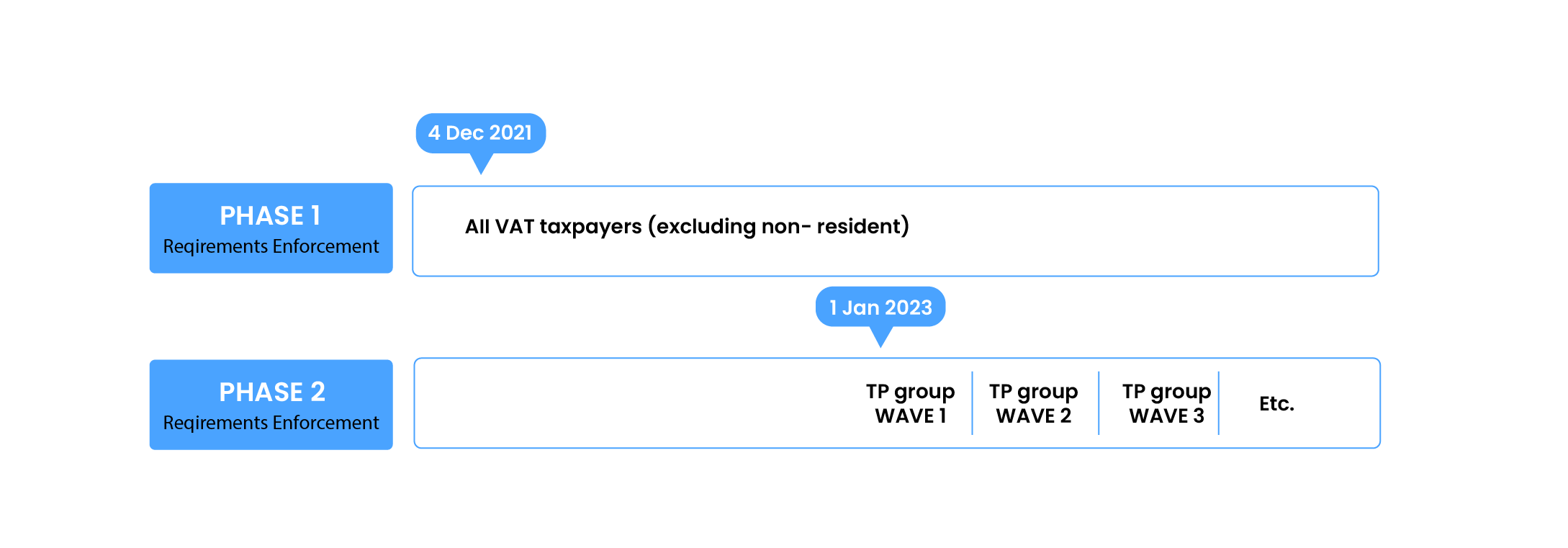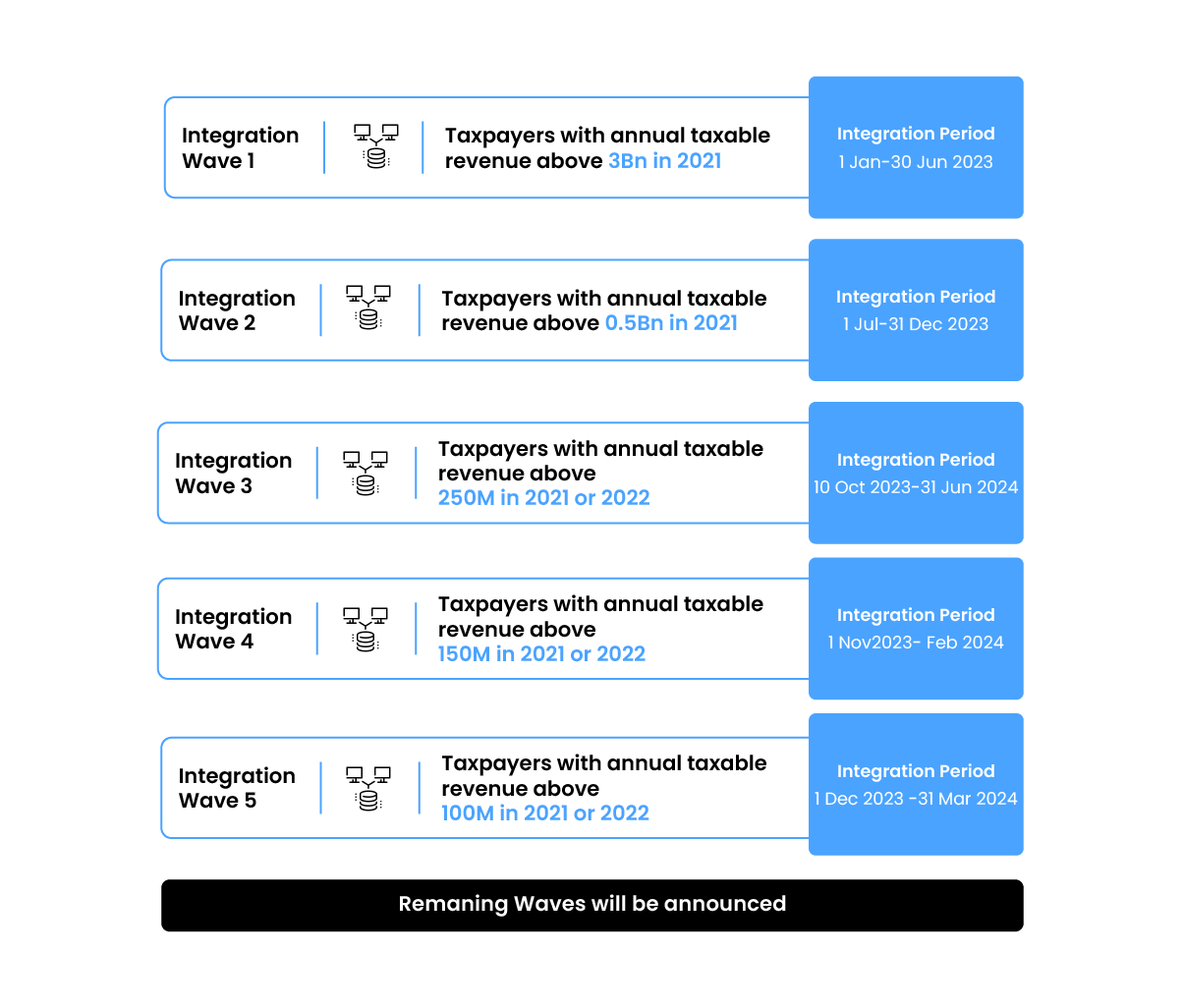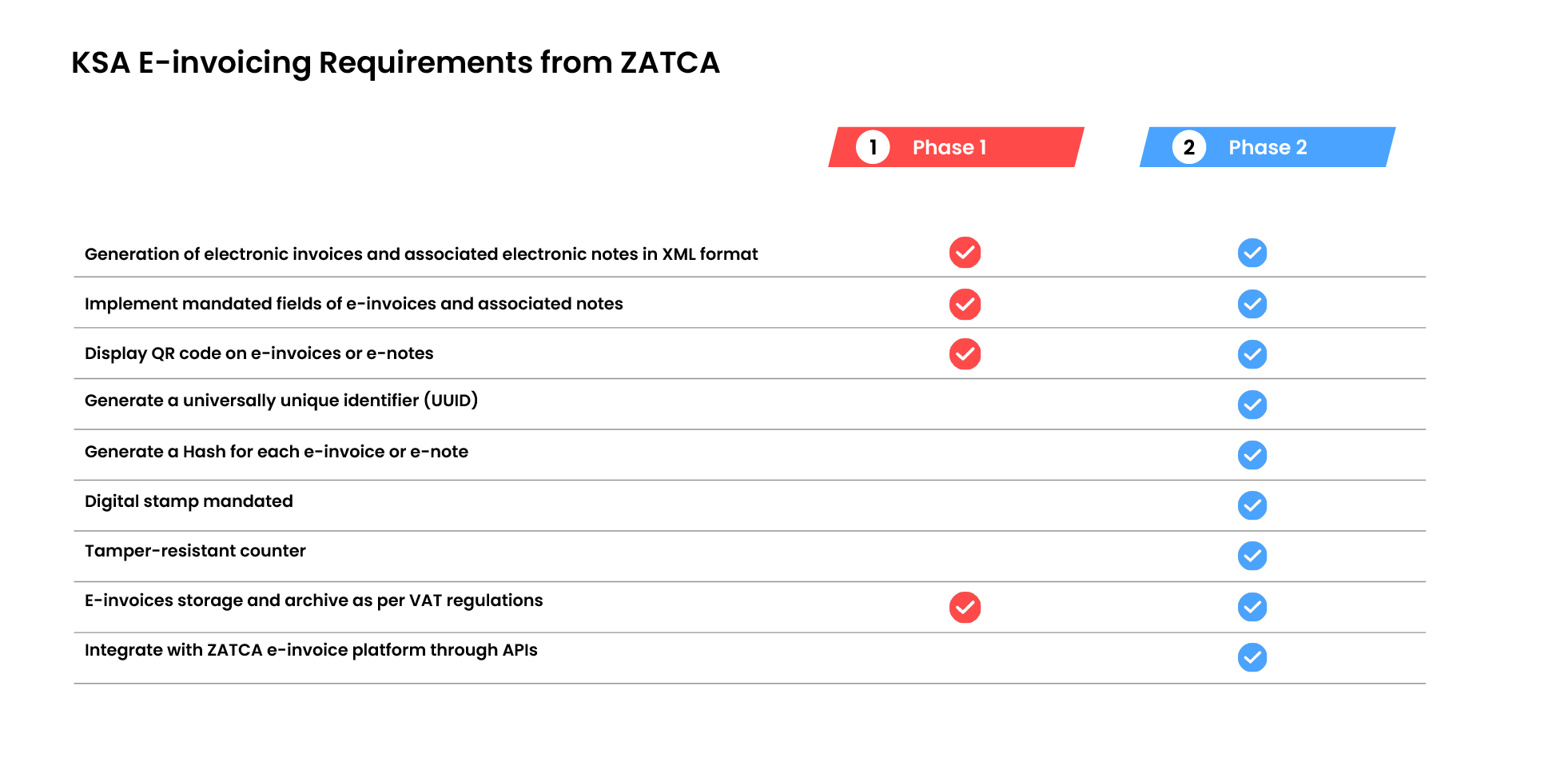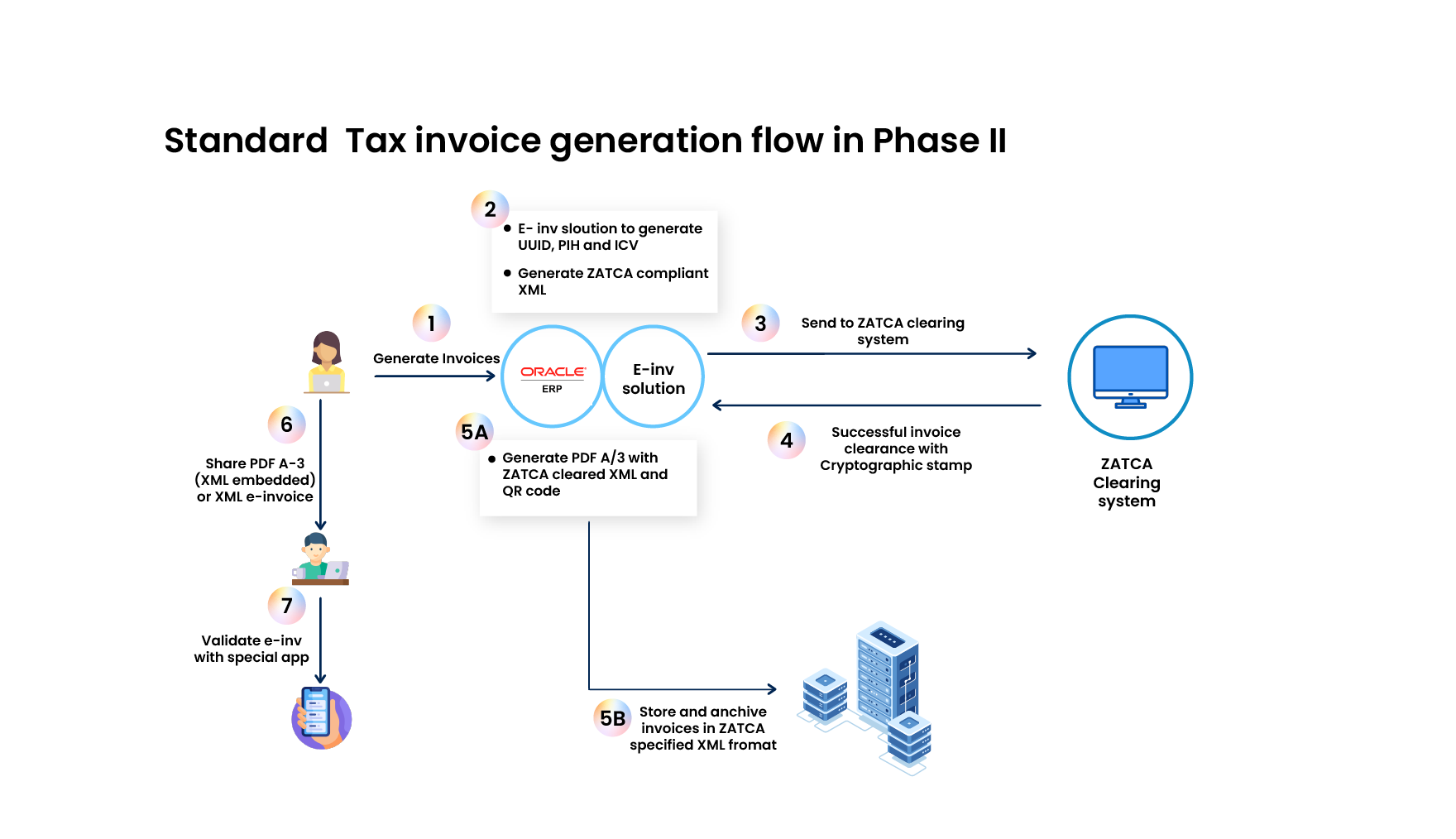As with any new technology, challenges are inevitable! With Oracle’s evolution from EBS to Fusion, enterprises are leveraging the power of their cloud architecture for enhanced scalability, flexibility, and accessibility across the organization.
While the benefits of Oracle Fusion are significant-making it essential for driving growth and efficiency-understanding and addressing the complexities involved in its adoption is critical to success. Here’s what you need to consider:
- User Training
Effective user training is the cornerstone of a smooth transition to Oracle Fusion. Organizations must invest in the right partners and consultants who not only manage implementation but also provide comprehensive training. This ensures that employees fully leverage the system’s capabilities and drive maximum value.

- Data Migration & Integration
Migrating data from legacy systems can be complex. Thoughtful planning and precise execution are necessary to manage different data structures and formats. Even for Oracle, understanding existing IT infrastructure is challenging, making meticulous data migration strategies essential.

- Change Management
Adopting Oracle Fusion involves changes to business processes and workflows. Properly documenting these changes and addressing them through user training is critical for a smooth transition and long-term success.

- Customization & Configuration
No two businesses are the same, and off-the-shelf configurations often don’t fit all requirements. While Oracle Fusion offers customization, it requires a high level of expertise to tailor it effectively. Your customization team must not only be proficient in Oracle technologies but also have a deep understanding of your business to ensure optimal outcomes.

- Performance Management
In the initial stages of deployment, continuous monitoring and tuning of the system is crucial to ensure optimal performance and minimal disruption. This proactive approach helps in preventing downtime and improving overall system reliability.

- Support & Maintenance
Given the complexity of Oracle Fusion, a strong support framework is essential for long-term success. Engaging a service provider like ECS, with proven expertise in managing both on-premises and cloud-based environments, will ensure you get the most out of your Oracle Fusion investment.

Overcoming these challenges is essential to fully realize the potential of your cloud investments. A world-class cloud solution requires world-class support, and that’s where ECS comes in.
At ECS, we offer Managed & Professional Services designed to help you maximize ROI and boost performance for enterprises worldwide. Contact us today to start your growth journey!


